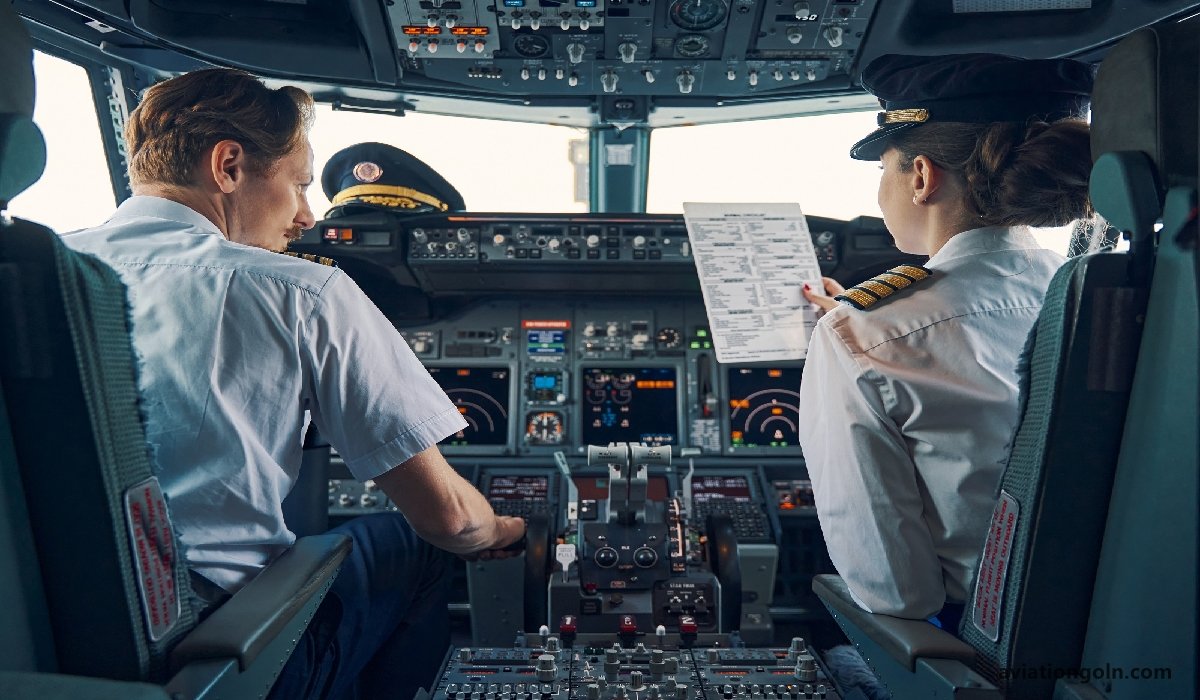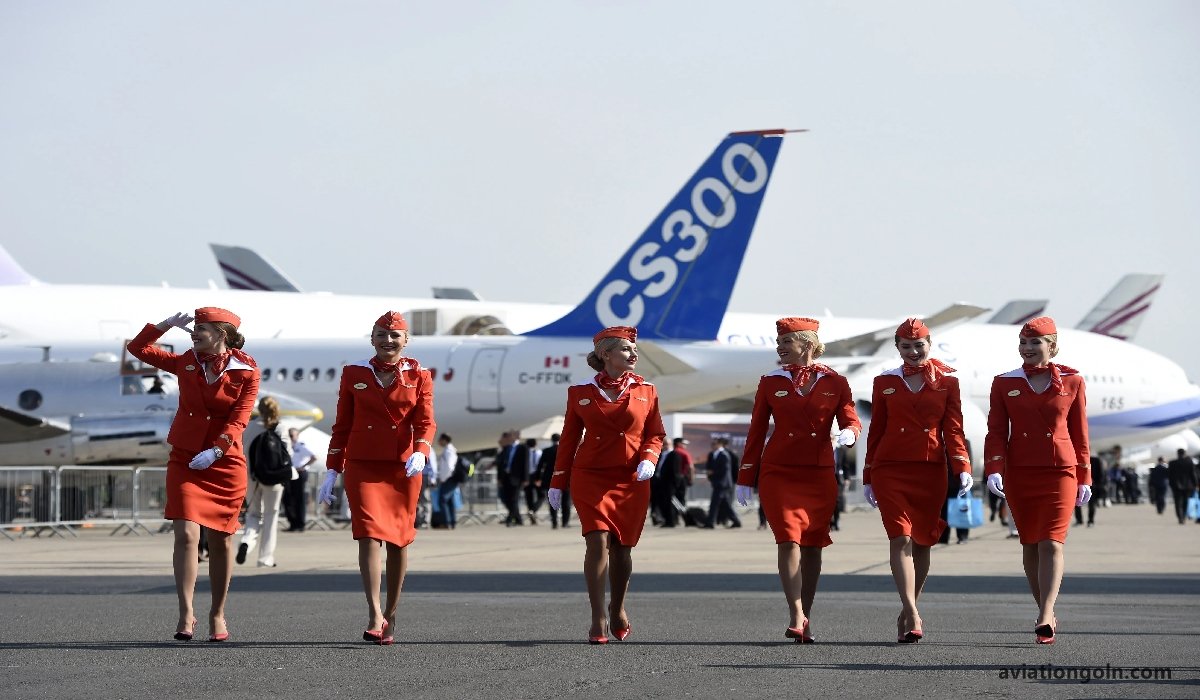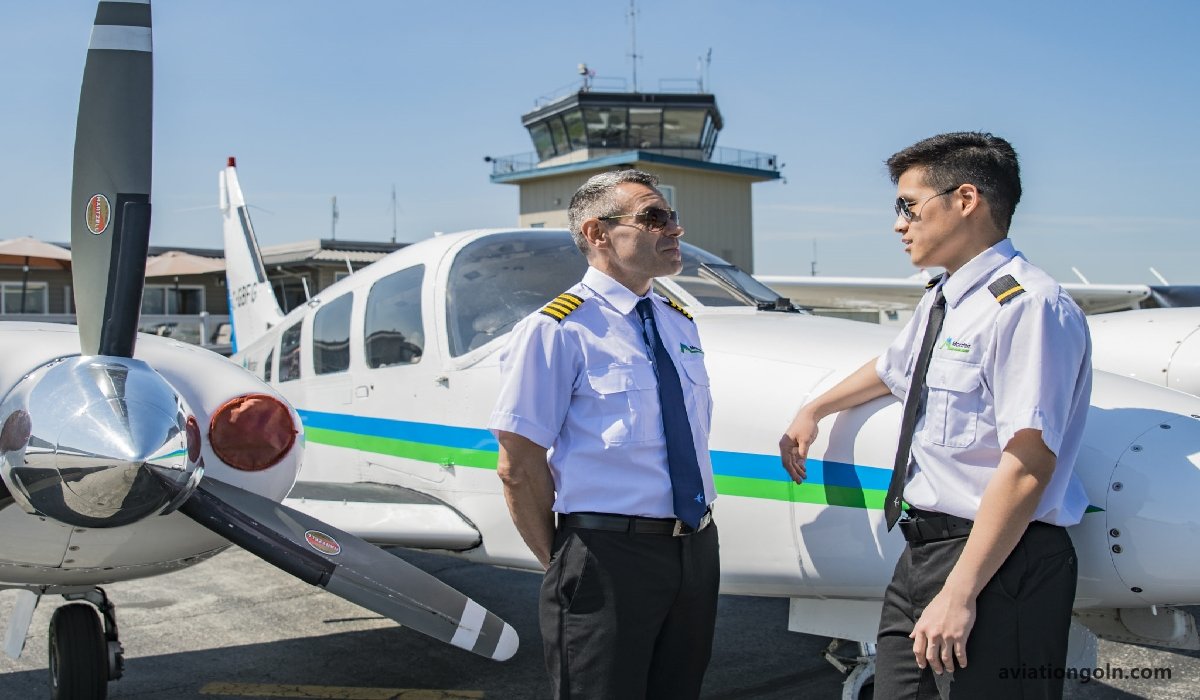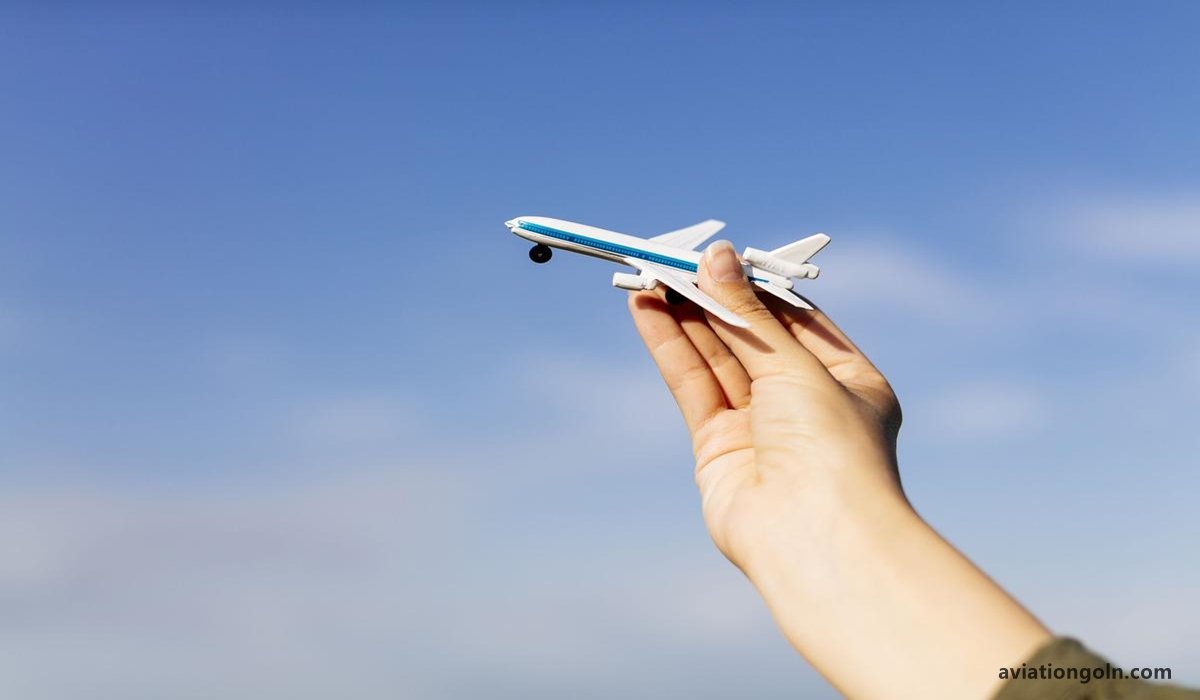Careers in Commercial Aviation: Navigating the Skies of Aviation Careers – Commercial aviation is one of the most dynamic and rapidly evolving industries in the world. With millions of flights each year, aviation connects cities, fuels economies, and enables global interaction. For those passionate about taking to the skies, commercial aviation offers a plethora of career opportunities that are both rewarding and challenging.

Careers in Commercial Aviation: Navigating the Skies of Aviation Careers
1. Understanding Commercial Aviation
Before delving into the careers, one must understand commercial aviation’s core. At its essence, commercial aviation pertains to the transportation of passengers and cargo by aircraft for profit. These operations include major airlines, regional carriers, and cargo specialists, to name a few.

2. The Panorama of Aviation Careers
Commercial aviation isn’t just about pilots and flight attendants. The industry offers an extensive range of careers, each crucial to ensuring safety, efficiency, and customer satisfaction.
a. Flight Crew Careers
- Pilots: The most recognized profession in aviation. Pilots are responsible for navigating the aircraft, ensuring passenger safety, and interacting with air traffic control. They undergo rigorous training, including obtaining specific licenses like the Airline Transport Pilot License (ATPL).
- Flight Attendants: Beyond serving refreshments, flight attendants play a pivotal role in ensuring passenger safety, administering first aid, and handling emergency situations.
b. Ground-Based Careers
- Air Traffic Controllers: These professionals ensure the safe movement of aircraft within controlled airspace and on the ground at airports. They provide pilots with crucial information and instructions.
- Aerospace Engineers: These engineers design, test, and oversee the production of aircraft and their systems. They ensure that every plane is safe and efficient.
- Maintenance and Aircraft Mechanics: These experts ensure that aircraft are in perfect working order. They inspect, repair, and maintain the various components of an aircraft, from engines to electronics.
- Airport Managers: Overseeing the day-to-day operations of an airport, these individuals ensure smooth operations, from runway maintenance to passenger services.
- Flight Dispatchers: Working closely with pilots, dispatchers plan flight paths, considering factors like weather conditions and fuel requirements.

c. Commercial and Customer Service Careers
- Ticketing and Reservation Agents: These professionals interact directly with customers, handling reservations, ticket sales, and passenger check-ins.
- Airline Administrative Support: Every airline requires a robust back-end team, which includes roles in HR, finance, and administration.
- Public Relations and Marketing: As airlines are brands, they need professionals to manage their public image, handle communications, and devise marketing strategies.
d. Specialized Careers
- Flight Instructors: Those who love flying and teaching often become flight instructors, guiding the next generation of pilots.
- Aviation Medical Examiners: These are physicians designated by aviation authorities to conduct pilot physical exams.
- Safety Inspectors: They play a crucial role in ensuring every aspect of the industry adheres to safety standards.

3. Education and Training
Each aviation career requires a unique educational and training pathway. For instance:
- Pilots: Potential pilots often start with a private pilot license, progressing to a commercial license and, finally, an ATPL. Many pilots also undergo training in specialized flight schools.
- Aerospace Engineers: A bachelor’s or master’s degree in aerospace or mechanical engineering is typically required.
- Air Traffic Controllers: Typically require an associate’s or bachelor’s degree and must complete a training course at the FAA Academy.
4. The Lure of the Sky: Benefits of an Aviation Career
- Travel Opportunities: Few careers offer the chance to travel as extensively as aviation careers do.
- Competitive Salaries: Many roles, especially pilots and air traffic controllers, offer lucrative salaries.
- Unique Experiences: Every day in aviation is different, making it an exciting career choice.
- Global Networking: Professionals often interact with individuals from around the world, enriching their professional and personal lives.

5. Challenges in Aviation Careers
It’s not always smooth sailing. The industry can be affected by global events, economic downturns, and technological changes. The hours can be long, and the responsibility, especially for roles like pilots and air traffic controllers, is immense.

6. The Future of Aviation Careers
With the rise of technology, many predict the introduction of pilotless planes. However, the need for human expertise, judgment, and intervention will always remain crucial. Roles may evolve, but the industry will always need passionate individuals to keep our skies safe.

The world of commercial aviation is vast, encompassing a range of roles that go beyond the cockpit. For those with a passion for flight, the sky is not the limit; it’s just the beginning. Whether you dream of piloting an aircraft, designing the next generation of planes, or ensuring safe and smooth operations on the ground, commercial aviation offers a career path that promises excitement, challenges, and the chance to be part of a global community. As the industry continues to evolve, those who adapt, learn, and grow will find themselves soaring in this exhilarating field.
